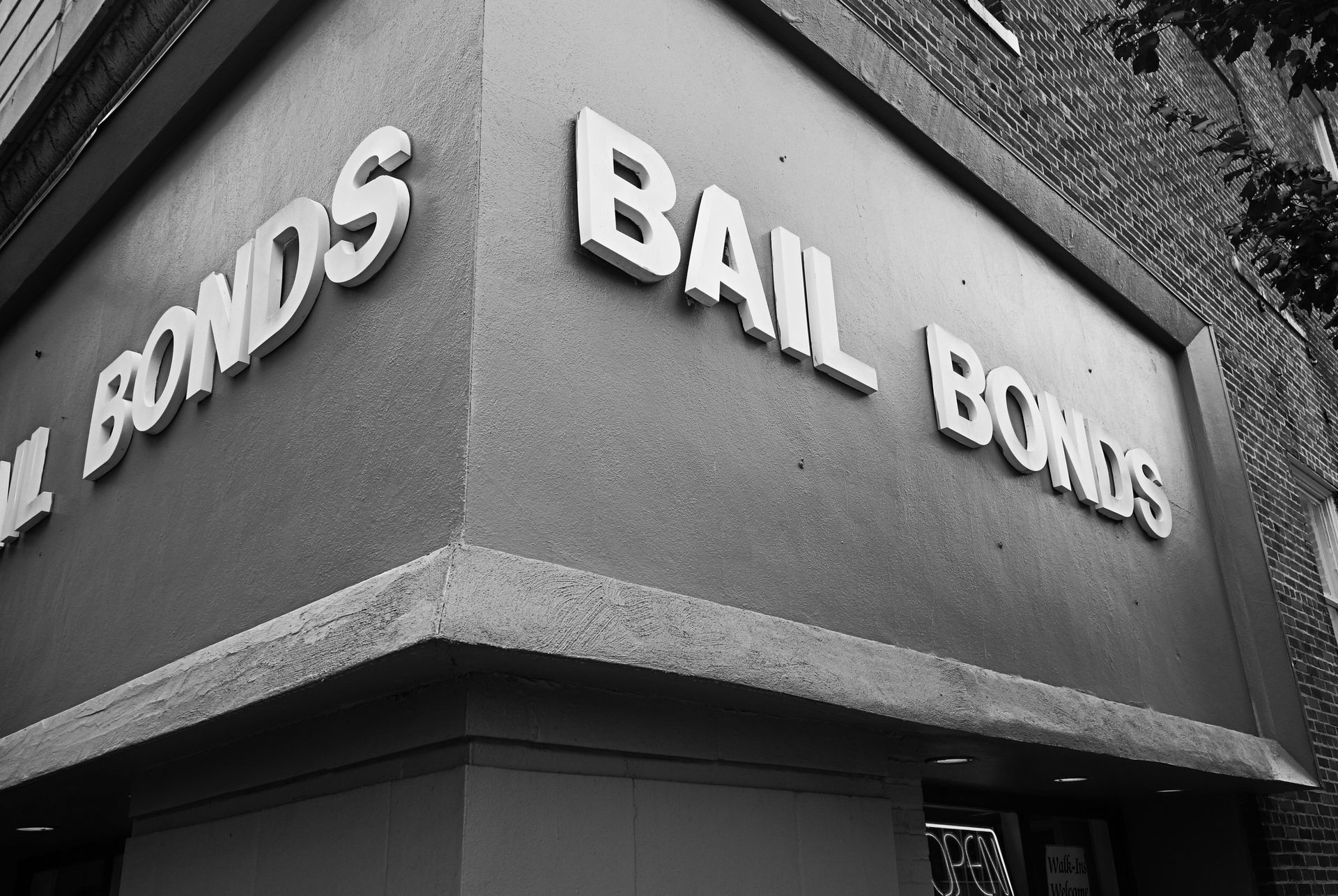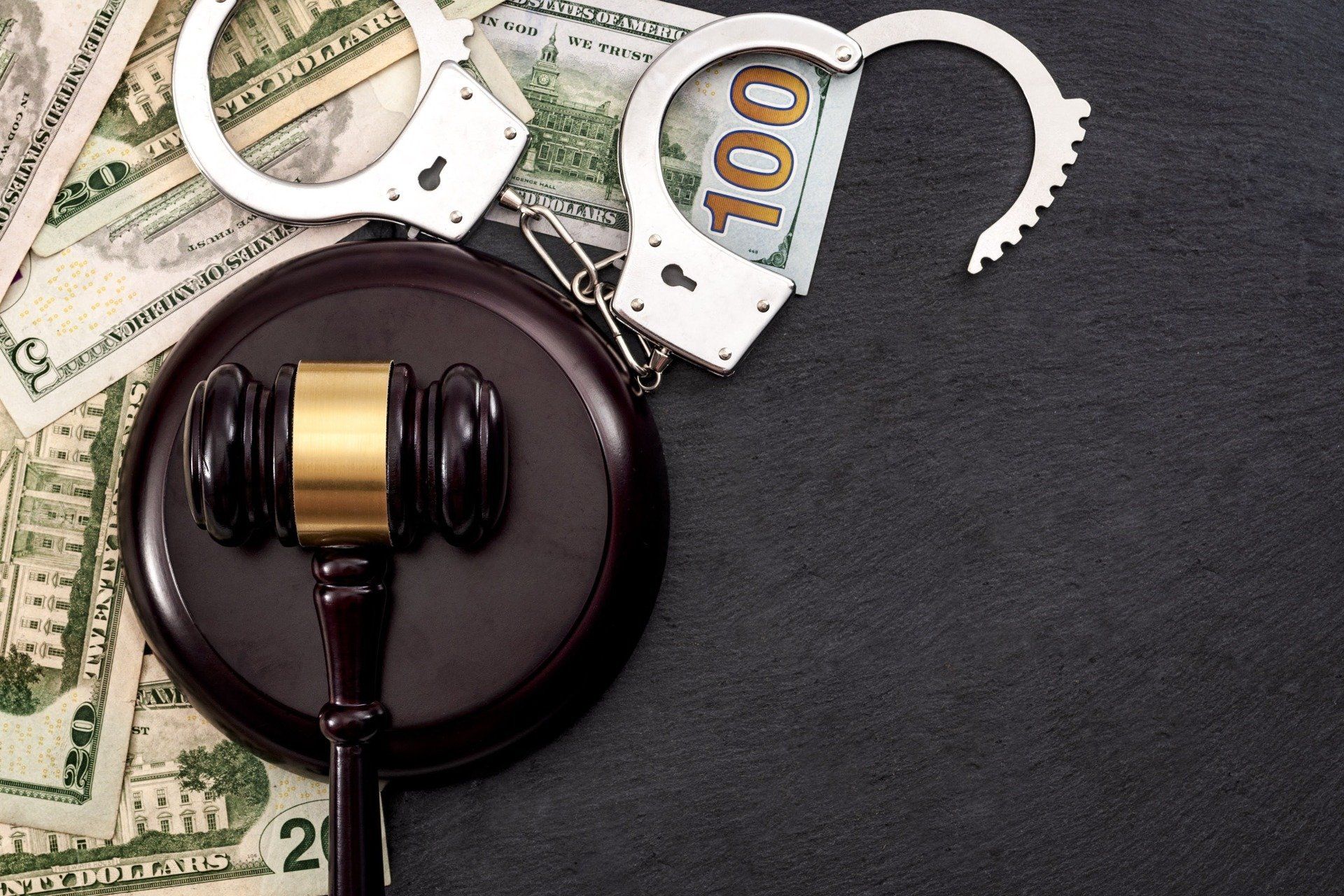3 Common Types of Bail Bonds and How to Choose the Best
Today, thanks to bail bonds, you or anyone arrested and put to custody can be freed and handle their case outside of jail until the court finalizes it. However, because they are many types of bail bonds, understanding the common ones helps you better picture each bond's pros and cons for dealing with your matter on time.
So, before posting bail, understand the following standard bail bonds to help you correctly choose one that makes your bail posting a smoother experience.
1. Cash
As the name suggests, cash bail is a bond that involves a monetary agreement between the accused and the court to be released from custody and handle their case outside of jail. Typically, you pay the bond in cash as the primary surety means.
Also, unlike other bail bonds, a guaranteed cash bail comes with an immediate statute of limitation. Once the court allows you to post the bail, it should be paid immediately or within the shortest time possible. Moreover, although most courts demand actual cash as the primary source of surety, you can still pay the bail using credit cards and checks.
All the same, for your cash bail to represent you until the date of your court hearing, when you post it, you must appear in court in every hearing until the last day. Otherwise, failure to meet the requirements lands you back in custody without getting a refund.
2. Property Bail
With this type of bail, your property is the surety collateral and serves you as an excellent bail option — especially if you don't have liquid money as surety. Moreover, in most cases, the court will return your property when your case ends, and you always appear in court for every hearing proceeding.
Most property collateral used in property bail bonds includes land or buildings. However, the court can sometimes change the form of collateral depending on the circumstances of your case.
On top of that, while other types of bail like cash needs posting immediately, property bail can take a while, especially since you'll have to go through property valuation, inspection, and paperwork before it's accepted.
3. Surety Bond
As the name implies, a surety bond is a bail bond that operates in the promise that you'll soon find the money to repay a bond agent or company that gets you out of custody. In other words, it's a monetary contract that ensures you'll meet certain obligations without failure as the defendant.
Unlike others where friends and family can post and pay them, surety bonds mostly come from bond agencies paid by bond agents. For example, if you're arrested and asked for a considerable amount of money for your release, you're eligible to get the money from a bond agency. When this happens, you'll sign a legal contract with the surety agency for them to pay for your release.
Afterward, you'll repair the agency within set agreements referred to as the bond repayment plan. Furthermore, with a surety bond, your trust is the central aspect. For instance, if you skip any court hearing, the court immediately issues a warrant of your arrest and forties your bail.
Choosing the Right Bail
Although how your bail works is determined by the court handling your case and your trust in appearing for a hearing, finding the right bail for you considers a unique consideration that is the time limit before the statute of limitation expiration.
Regardless of the amount of bail needed, sometimes an arrest almost always happens unexpectedly. For this reason, having enough money to pay for a release from custody can be challenging.
Therefore, any bail that doesn't require immediate processing and payment is the best fit. In order to find the right bail without hassles, work with experienced bail bonds professionals. At Don's Bail Bonds, you'll always get a solution. Contact us, and we will ensure that you get out of custody immediately.


















